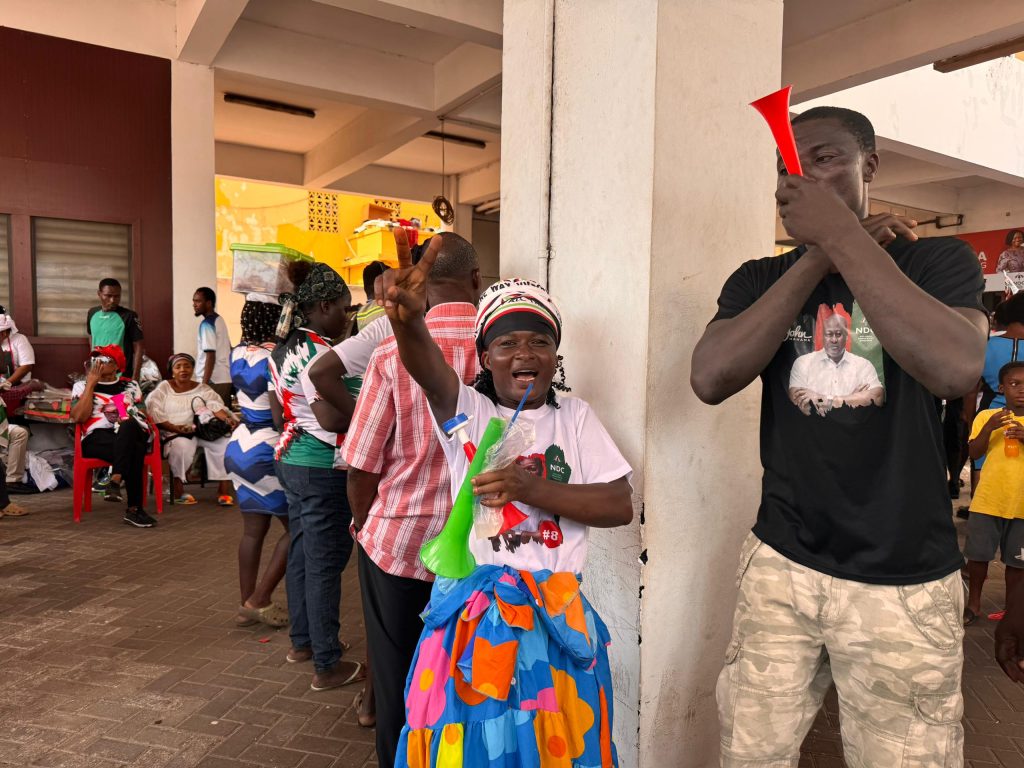Vice President Mahamudu Bawumia, the leading candidate for the New Patriotic Party, Ghana’s ruling party, conceded a loss to former President John Mahama in Sunday’s presidential election after failing to allay popular ire over the faltering economy.
Outside the party’s campaign headquarters in Accra, Mahama supporters had already started congregating to celebrate with blasting horns and cheering.
President Nana Akufo-Addo‘s NPP lost the election on Saturday, ending two terms in power that were defined by high inflation, debt default, and Ghana’s worst economic crisis in recent memory.
“Ghana’s citizens have spoken up and voted for change at this moment. At a press conference, Bawumia stated, “We respect this with all humility.”
Bawumia acknowledged he had congratulated his opponent, former president and National Democratic Congress candidate Mahama, over the phone.
Mahama acknowledged on his X account that Bawumia had called to congratulate him on his “emphatic victory.”
According to the NPP’s internal vote count, the vice president admitted that Mahama had won the presidency “decisively” and that the country’s parliamentary election had also been won by Mahama’s NDC party.

After a financial crisis and currency devaluation that necessitated a $3 billion IMF bailout, Ghana’s economic problems were the main topic of discussion throughout the election.
Earlier, NDC spokesperson Sammy Gyamfi informed reporters that Mahama received 56.3% of the vote, while Bawumia received 41.3%, according to the party’s internal analysis of the results.
Gyamfi declared, “It is very evident that the people of this country have voted for change.”
Before the election commission sent the ballots for official collation, political parties had agents at polling places to watch and count the initial vote totals.
Reporters were earlier informed by Commission Deputy Commissioner Bossman Asare that the national centre had not yet received regional findings.
According to the commission, the official results should be made public by Tuesday.
Since the return to multi-party politics in 1992, Ghana’s two major parties, the NPP and NDC, have taken turns holding the reins of power, and the country has a history of democratic stability.
Bawumia had aimed to guide the NPP to a historic third term under the slogan “Break the 8,” which alludes to two terms in power. He found it difficult to shake the criticism of Akufo-Addo’s economic record, though.
Economic difficulties continued to be a major concern for many voters, even if inflation decreased from over 50% to about 23% and other macroeconomic indicators steadied.
Mahama’s challenge to make a comeback was made possible by this frustration. Before his tenure as president from 2012 to 2017, Mahama had lost two presidential elections.


